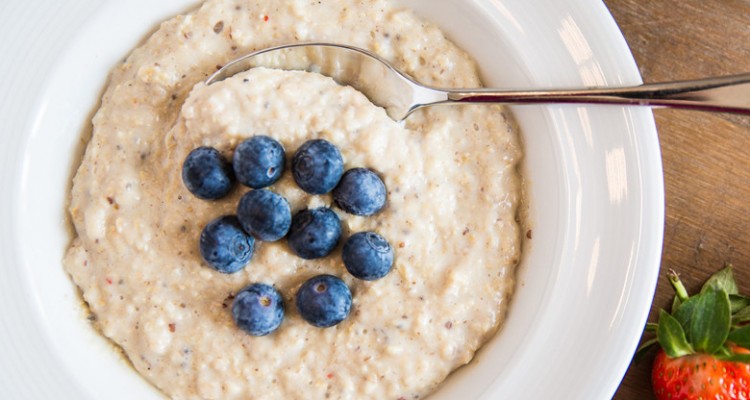Carbohydrates have been given a lot of bad press in recent years, but they’re not all bad. As one of the three macronutrients along with protein and fat, you need carbs in your diet everyday to power your body cells and keep you alive.
Carbs are the main source of glucose for your body cells and used by your brain and red blood cells. They’re the most efficient source of fuel, and probably why they’re so widely available in nature, in the form of fruit and vegetables.
Both simple and complex carbs are broken down into glucose, to be either used for energy or stored in the liver or fat cells if in excess, for future use.
Aiming for around 50-60% of your diet to consist of complex carbohydrates that contain plenty of fibre and don’t raise blood sugar levels sky-high, is the best way to ensure slow-release energy for the entire day. They move slowly through your system, without causing a spike in insulin, and can even help to keep your mood stable too.
Much of this effect is from fibre found in plants, of which the soluble type gets broken down in your large intestine and the insoluble form of fibre is excreted, helping to sweep out toxins as it moves through your colon.
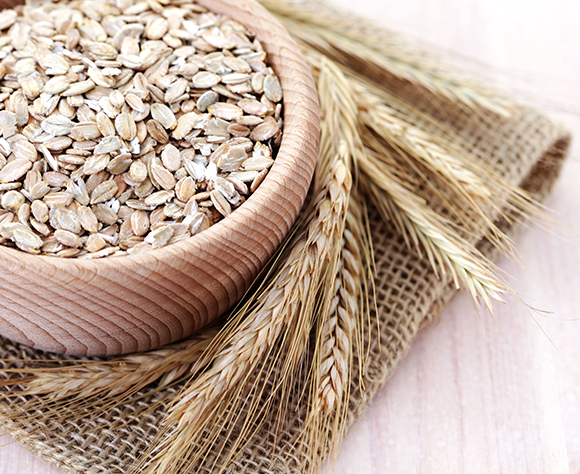
Oats are a staple in Irish kitchens, and a bowl of porridge is one of the easiest and most nourishing ways to start the day. They’re one of the very best energy-boosting, slow-release carbs to focus on eating, along with sweet potato, butternut squash, quinoa, brown rice, lentils and beans.
Even though these types of carbs give you the energy for your daily tasks, it’s still better to combine them with a little protein and healthy fats, to slow down their absorption even more if sustained energy to your cells over quite a few hours is the goal. A good example is adding nuts and seeds to your porridge.
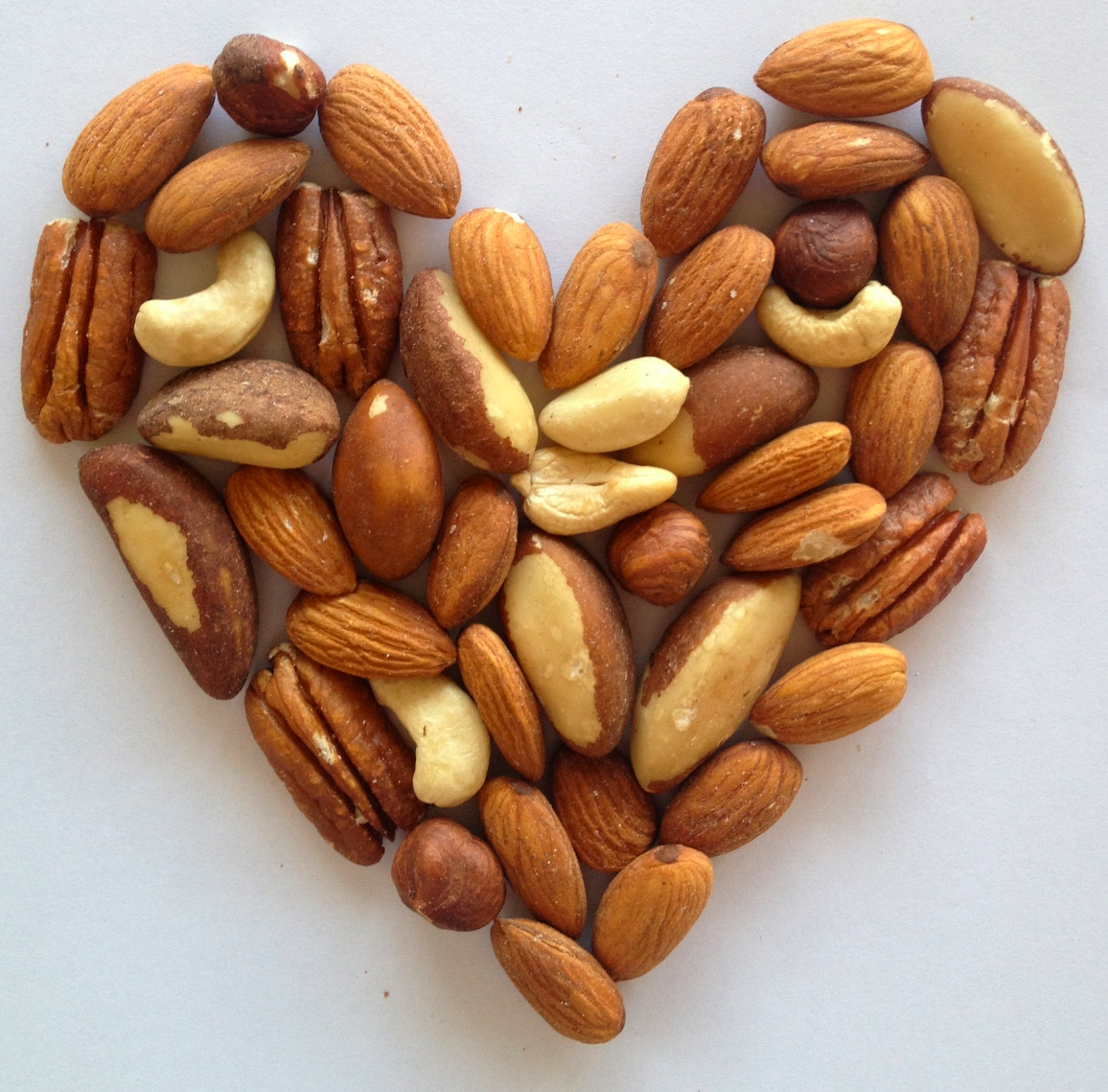
Numerous studies have also shown that eating a bowl of porridge each day can have a positive effect on lowering cholesterol levels. Oats, oat bran, and oatmeal contain a special type of fibre called beta-glucan. This fibre helps to remove cholesterol from the digestive system, which would have otherwise made it into the bloodstream.
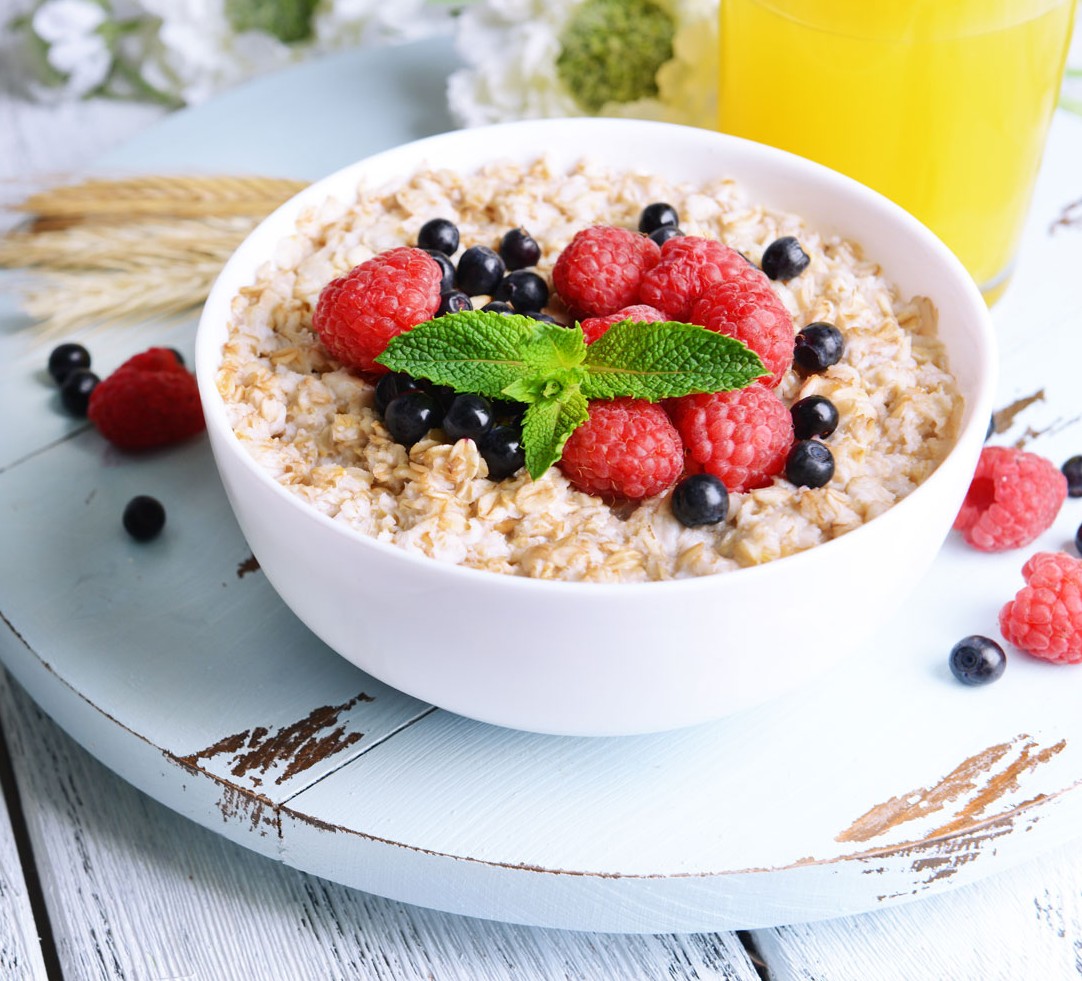
Oats can also help to stabilise blood sugar levels due to their fibre content, and beginning your day with porridge may make it easier to keep blood sugar levels under control the rest of the day, especially when the rest of your day is also supported with nourishing and fibre-rich whole plant foods.
These soft and chewy Chocolate Chip Brownie Bars make an easy and nutritious snack.

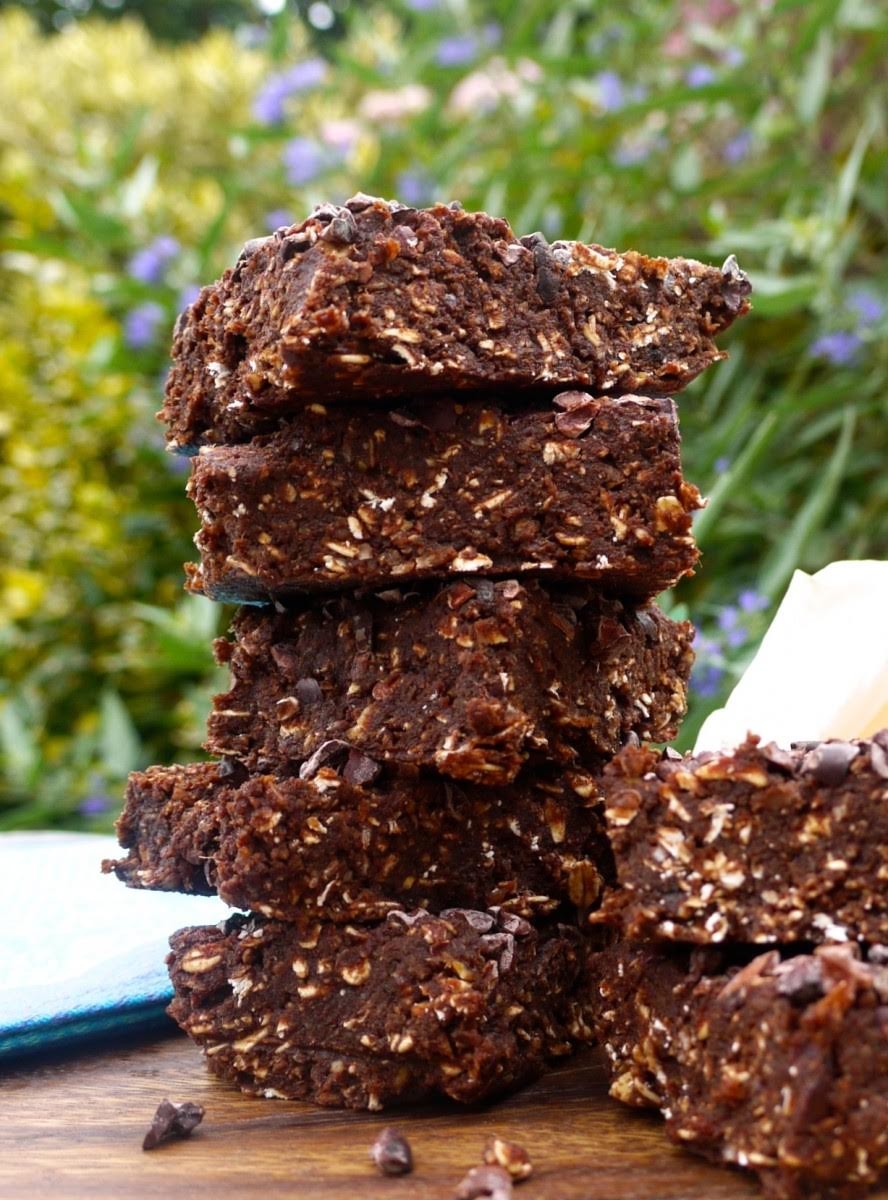

- 150g (1 cup) dates, pitted and soaked in hot water for 20 minutes to soften
- 6 heaped tbsp porridge oats (I use a certified gluten-free brand)*
- 2.5 heaped tbsp cacao or sugar-free cocoa powder
- 2 tbsp desiccated coconut
- 2 tbsp milled flaxseed or chia seed
- 1 tbsp pecans/walnuts/almonds/cashews
- 1 tbsp coconut flour
- 1 tbsp almond butter
- 2 tsp vanilla extract
- cacao nibs, to decorate
- Drain the dates well and place them in a food processor with all of the remaining ingredients and blend together well until a thick dough forms. It should stick together when pressed between between your fingers. If it's still too dry, it can help to add another 3-4 soaked dates.
- Transfer the mixture to a cake tin lightly greased with coconut oil, or a rubber tray.
- Sprinkle with raw cacao nibs, pressing them down gently to enable them to stick to the mixture.
- Place in the freezer for 20 minutes to set.
- *I kept the porridge oats intact for added texture, but if you prefer, you could make oat flour by processing the most in a blender or food processor for about 1 minute until they're ground into a flour.
- The brownies will keep in an airtight container in the fridge for up to 3 days.

